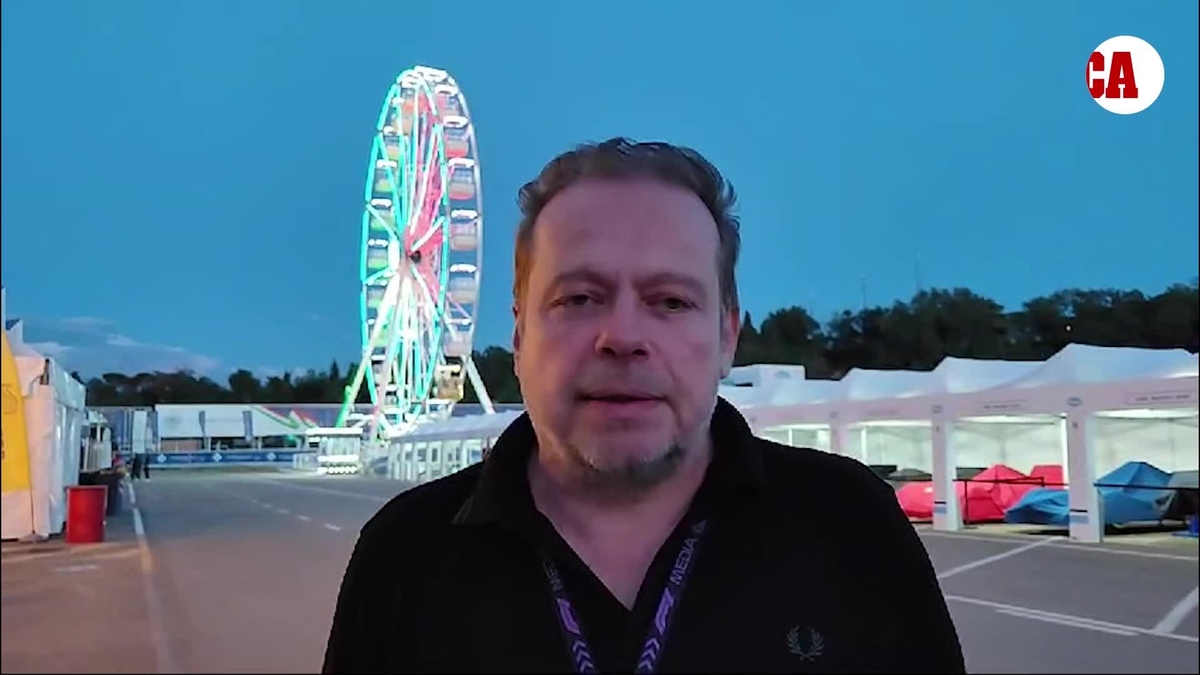Although the government of Gustavo Petro welcomes an economy growing at positive rates, the market is expected to slow down. Juana Telles, chief economist at BBVA Research in Colombia, spoke with Portafolio about the scenario facing the new president, the importance of quickly identifying the new tax and the state’s general budget for 2023.
(The Fed’s last big hike will be in September: JPMorgan.)
What is the economic diagnosis received by President Petro?
There are many important things. It receives an economy with exceptional performance in the first part of the year, which in the post-pandemic period has managed to recover quickly, with consumption growing significantly, as well as investment in machinery, equipment and foreign trade.
So you’re having an economy with big growth, above 10% in the first half of the year, that’s good news, but that growth also has an element that worries us all, which is very high growth in inflation and interest rate increases because of the need to control this imbalance. All this was framed in the framework of a difficult international scenario for all economies of the world, but in particular for emerging economies.
(Indicators that increase the fear of economic recession).
What are the prospects for the end of 2022 and next year?
With international challenges and increasing rates, we expect the economy to tend to slow in the second part of the year. We’ll see less dynamic consumption and investment… As I’m telling you: We’ll see a “healthy” slowdown in the economy, which will allow us to make a smooth landing. It won’t be very deep, but it will take us to GDP near 7% in 2022.
This process will continue into the next year, when the economy will grow by about 2%. It’s an economy that’s pretty much in line with what’s happening in the world, and we’ll have a much weaker US next year, weaker Europe and weaker neighboring countries.
The Treasury Minister talked about the need to continue with the fiscal adjustment.. How do you see the government’s efforts?
The financial challenge in Colombia remains enormous, despite the efforts made. With the pandemic, financial accounts have deteriorated, which is why we face the challenge of maintaining financial stability.
The Duque government has made tremendous progress, and I believe that this tax reform to increase collection that President Petro and Minister Ocampo are also going in this direction to improve the economy’s income from the treasury to improve public finances.
We’re still waiting on the other side of the equation, how the spending will be, because discussions of the 2023 budget will also begin.
(Central bankers recommend raising interest rates to curb inflation.)
How do you see the government’s proposal for tax reform?
Colombia collects little when compared to countries of similar income, from the Organization for Economic Co-operation and Development or the region. We have a mission to achieve greater collectability, most of this comes from businesses, while in the rest of the world it comes from homes. This combination that we have is not appropriate, because if the burden falls on firms, it will have an effect on investment and employment, and in this sense we must make a change.
The project in Congress increases the collection of high-income people and there corrects part of the problem, but it continues to charge a lot of companies, and we are still very burdened.
Could this affect the investment?
I think so. It is important that we quickly agree to the reform because uncertainty can affect investment decisions in the second part of the year. Decisions regarding the purchase of machinery and equipment in construction and civil works. That is why it is important that we go with an urgent message, try to pass the fix quickly and know how the balance of the financial accounts is.
How do you see the discussion of the 2023 budget?
This institutional arrangement that we have in Colombia is not easy. The budget is provided by one government and implemented by another government, and the priorities are different. There are several things, there is an amount and a whole discussion about whether or not it can be changed, and how that change can be made, if with an addition.
From the budget provided by the Duque government, I was very concerned that the investment was too low. We’ll see how Minister Ocampo makes decisions on social spending, with programs expiring at the end of the year, and also whether this mix of investment will remain well below spending. The minister is trying to manage this puzzle to reorganize the budget items.
There is a great deal of uncertainty about spending, and we’ll see it over time with reform. Another issue is the management of the Fuel Price Stabilization Fund (Fepc), and there is a strong debate about how to enter the financial figures, particularly to determine how to gradually increase the price of gasoline. This support is not ideal, and it is very costly given oil prices. It’s key to avoiding additional debt build-up.
Laura Lucia Becerra Eligalde

“Beeraholic. Friend of animals everywhere. Evil web scholar. Zombie maven.”

:quality(85)/cloudfront-us-east-1.images.arcpublishing.com/infobae/LVUVPXNSPJGUPGMEKKMFI6FAFE.jpg)

:quality(85)/cloudfront-us-east-1.images.arcpublishing.com/infobae/RNV223ZE75EZDCU4OIAQ52CHXM.jpg)



More Stories
How is the euro versus the dollar on May 18?
The main index of BMV recorded an increase of 0.21% at the close of May 17
The main index of the Mexican market begins its day on May 17 with an increase of 0.52%.